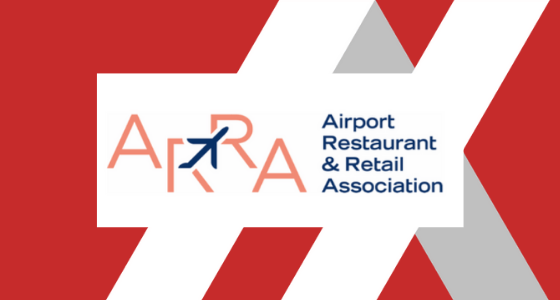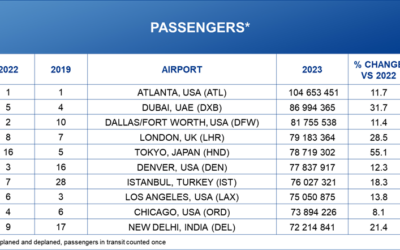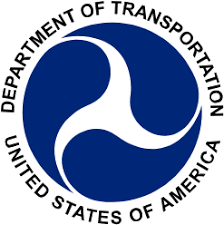National protocols and more government aid are necessary to help the aviation sector rebound next year, Ryan Calkins, commissioner for the Port of Seattle, said Wednesday on a weekly industry call hosted by the Airport Restaurant & Retail Association (ARRA).
Calkins said it’s “time for another round” of federal support similar to the CARES Act funding airlines and airports received earlier this year. “When the CARES Act was passed back in the spring, nobody anticipated that we’d be hitting this kind of new renewed dip over the holidays,” he said.
“In addition to that, we need a really clear, and I would prefer, national guidelines for safe travel protocols,” Calkins continued. “We’ve all been cobbling together the best that we can do as individual airports or airlines, but clearly coordinated national guidelines protocols would benefit all of us.”
The ARRA call was also joined by Matthew O’Shea, a city of Chicago alderman (19th ward) and chairman of the aviation committee. He outlined the various efforts taken by Chicago’s two major airports, O’Hare (ORD) and Midway (MDW), to combat the spread of the COVID-19 virus, including testing at both airports.
“Both our airports have walk-up and drive-up sites,” O’Shea said. “We’ve seen increased testing and that’s the best way to bring passenger confidence back to air travel and to ensure safety. We need to show people…that we are doing our part and that air travel is safe.”
Regarding concessions, O’Shea outlined the various actions the Chicago Department of Aviation (CDA) has taken to help alleviate some financial stress on tenants, including two months’ rent credit and deferral of minimum annual guarantee (MAG) payments. But, he admits, “Our concessionaires here in Chicago are shaking their heads because it’s not enough.” He’s counting on additional federal aid, at which point, “we can come up with more creative ways here in Chicago to offer more assistance to all of you out there who are struggling.”
Calkins added that a more general financial boost is warranted as well. “While clearly we want to make sure that the aviation industry receives its fair share, it’s also important to have more money in the pockets of everyday Americans so that the economy gets that boost, because certainly air travel is, for most people, a bit of a luxury,” he said. “The sooner we can pull out of this recession and tamp down those unemployment numbers, the better we’ll be positioned to take advantage of it.”
Both men outlined the capital improvements that are continuing at the airports in their jurisdictions, noting that it’s crucial that projects continue despite the downturn in passenger traffic. Both also acknowledged that new concessions, which are inherently part of any terminal expansion, need to be looked at judiciously. “We are very cognizant of the concern from our [airport dining and retail] tenants that to overbuild would dilute the passenger spending across the existing tenants,” Calkins noted.
He also acknowledged the unique challenges faced by small businesses operating in airports. “As we look at ways that we can support small businesses, knowing that the best outcome for us at Sea-Tac is for every one of our tenants prior to COVID being there after COVID, we need to make sure that we’re providing every sort of relief that we can legally provide,” Calkins said, adding that there are mechanisms the Port of Seattle can use to help if a tenant enters into default.
O’Shay noted, however, that airports have bond obligations and other pressures that often make it difficult to offer aid to tenants. He urged industry members on the call to continue to petition Congress for more aid to support aviation.






